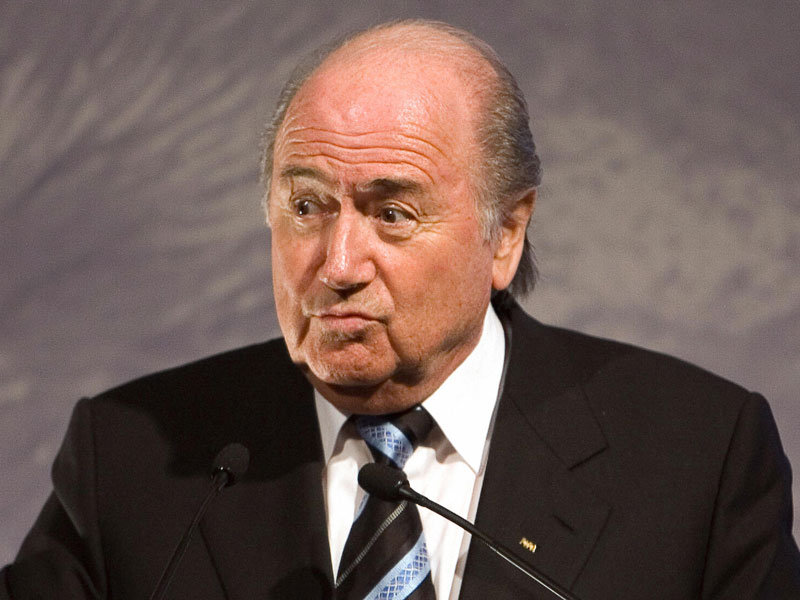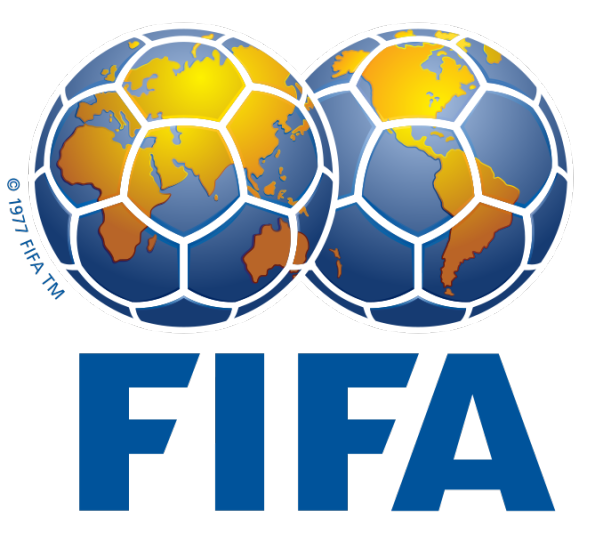Soft-spoken but extremely eloquent, there are many things that make Aisha Buhari, wife of Nigeria’s new president thick.
Blessed with an infectious smile; many, often as a result of her warm disposition, underrate the power that lies in her.
Though, only soaring in popularity in recent months especially in the build up to the March 28 presidential elections where her husband, Muhammadu, a retired military general and former Head of State, coasted to an overwhelming victory, Aisha has always been a known face especially among people who seek to pamper their bodies.
The First Lady, until recently, owned one of the biggest spas and beauty institute in the country. Situated along Camp Road, a high brow area of Ungwan-Rimi Government Residential Area in Kaduna State, Hanzy Spa and Hanzy Beauty Institute was always a beehive of activities all week long. It is the first beauty institute in Northern Nigeria and is a National Board of Technical Education accredited vocational training centre and registered by the Ministry of Education with the aim of exploring the untapped wealth in the emerging beauty industry.
However, since the victory of her husband in late March before his swearing-in in Abuja, the nation’s capital, on Friday, Aisha has since closed down the beauty parlour to take up the new role of Nigeria’s First Lady.
The spa and beauty institute patronised by individuals across class, was sighted close to the private residence of the immediate past Vice President, Namadi Sambo.
The institute was consulted by the Nigerian National Petroleum Corporation/Kaduna Refining and Petrochemical Company to help train individuals under its Youth Empowerment and Skill Acquisition Programme.
But as popular and strategically-placed as the spa and beauty institute was, not many knew Aisha was the brains behind it.
Like her more popular husband who is famed for shying away from limelight and prefers to stay at the background most of the time, she operated the business only as a professional and not as wife of a former Head of State at the time.
Many clients, who visited the place and also came across her, attested to how simple and impressive at customers’ relations she was.
But Aisha didn’t just venture into the business of pampering people’s skin and bodies – she worked very hard to learn the tricks of the business and how to succeed in it.
A trained esthetician who obtained a diploma in Beauty Therapy from the Carlton Institute of Beauty Therapy, Windsor, United Kingdom and a certificate course from the French Beauty School, Esthetique Academie Dubai, she is a member of the United Kingdom’s Vocational Training and Charitable Trust and the International Health and Beauty Council.
In an interview she granted Thisday Style last year, the beautiful Adamawa State-born mother of five said: “I’m a very busy person who does her things quietly. I keep to my profession as an esthetician, managing my spa and beauty institute both in Kaduna and Abuja. I also personally perform some advanced facial treatments like mesotherapy, gold facial and application of TCA etc.
I have a number of documentations on my experience in this area including writing a book titled “The Essentials of Beauty Therapy.”
Though, now saddled with the bigger responsibility of giving her ageing husband the needed moral and emotional support required to bring massive transformation in a country craving for change, Aisha’s training and experience as a beauty expert could come to bear in the colouration of things within her control in the coming weeks.
For neighbours close to the First Lady’s now closed beauty institute, they would miss the atmosphere she brought to the area.









